
Foreign Ministry spokesman Zhao Lijian. (Photo/fmprc.gov.cn)
The United States and New Zealand are hyping up China's cooperation with Pacific Island countries with an ulterior motive to smear and attack China, said Foreign Ministry spokesman Zhao Lijian on Wednesday, expressing strong opposition to a recent joint statement issued by the two countries.
Speaking at a regular news briefing in Beijing, Zhao said it is hypocritical of the U.S., which runs military bases across the world, to express so-called concern over the normal security cooperation between other countries.
"It reflects its deep-seated hegemonic mindset," Zhao said, adding that the U.S. is "the real threat to security" as it is putting together military blocs in the region, provoking an arms race, and bringing nuclear proliferation risks to South Asia.
Zhao said leaders of the Pacific Island countries have commended China's support for their countries' economic development, improvements to livelihoods and efforts to fight the COVID-19 pandemic during State Councilor and Foreign Minister Wang Yi's ongoing visit to the South Pacific.
"They are looking forward to the prospect of the China-Pacific Island countries cooperation," Zhao said.
Zhao also pushed back on the joint statement's deliberate hyping up of the South China Sea issue and its unwarranted remarks on China's internal affairs including Taiwan, the Xinjiang Uygur autonomous region and Hong Kong.
The freedom of navigation in the South China Sea was not and will not be a problem, he said, noting that China firmly safeguards its territorial sovereignty and maritime rights and interests.
China always believes that in the development of bilateral relations, countries should make sure that it is conducive to world peace and stability, and does not undermine the interests of any third party.
"The U.S. side should abandon its Cold War mentality and ideological bias, stop interfering in China's internal affairs and stop smearing China," Zhao said, adding that China also hopes New Zealand will follow independent foreign policy and contribute to regional peace and stability.
Lyu Xiang, a researcher on U.S. studies with the Chinese Academy of Social Sciences, said: "Actually, the Asia-Pacific region has been the most stable region in the world since the Cold War and China has played a major role in this regard.
"However, Washington is attempting to disrupt regional stability out of its mistaken understanding of China."










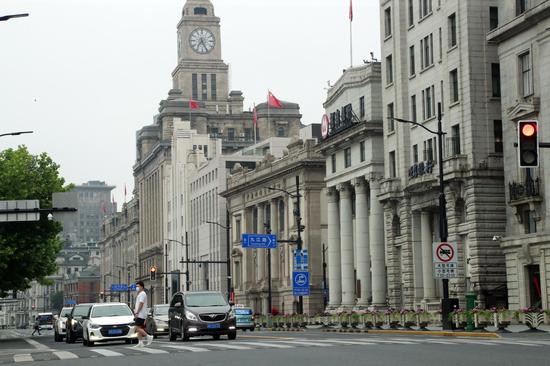
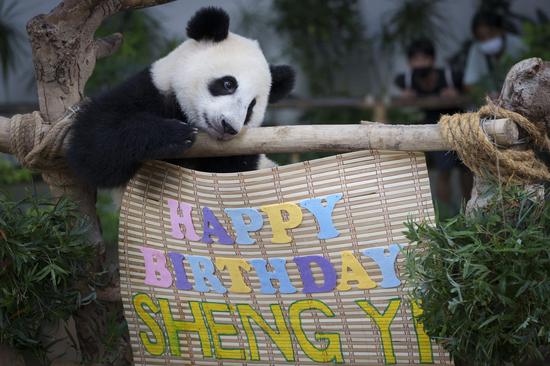
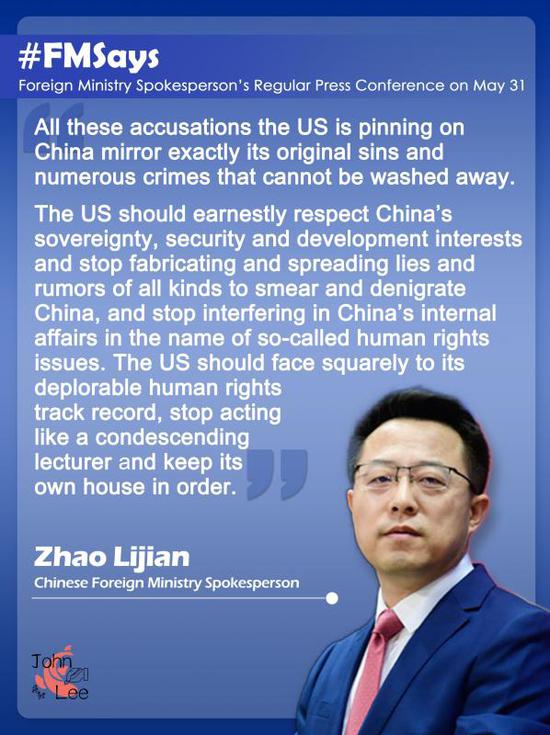

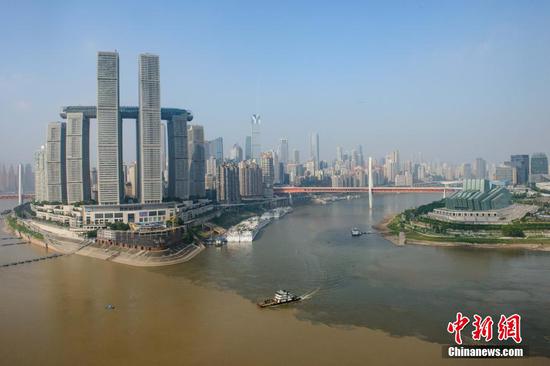
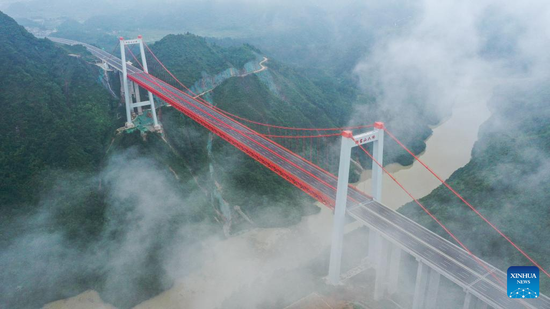

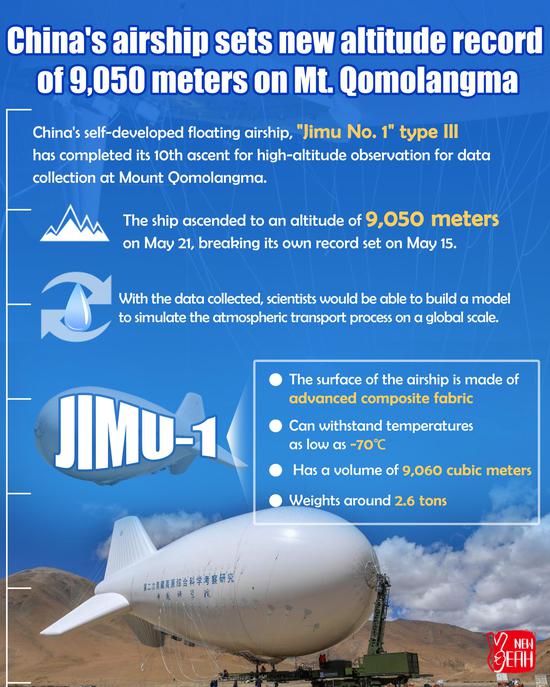
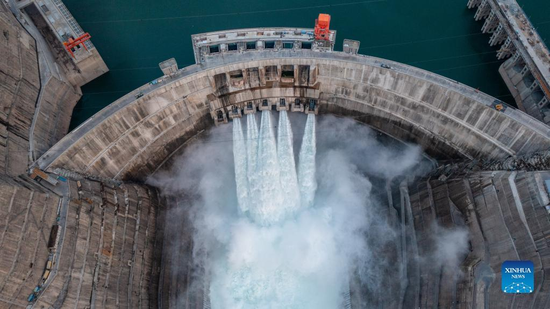





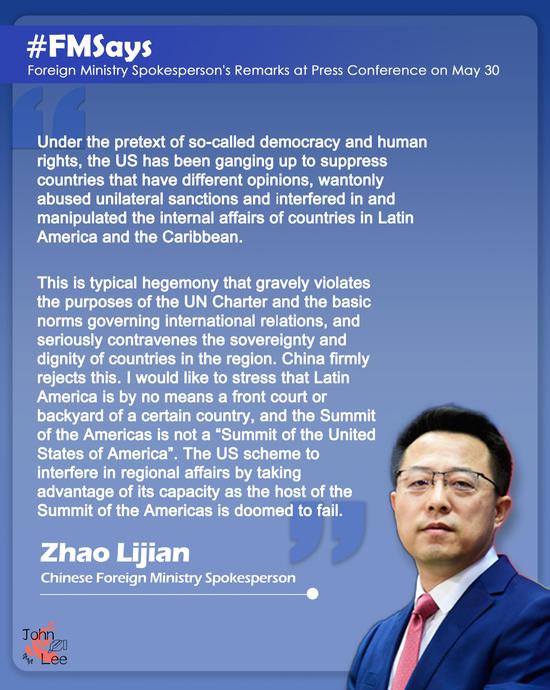
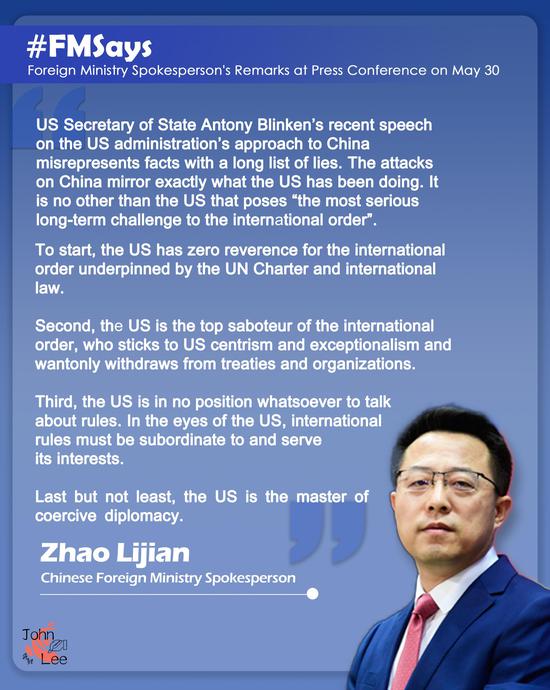
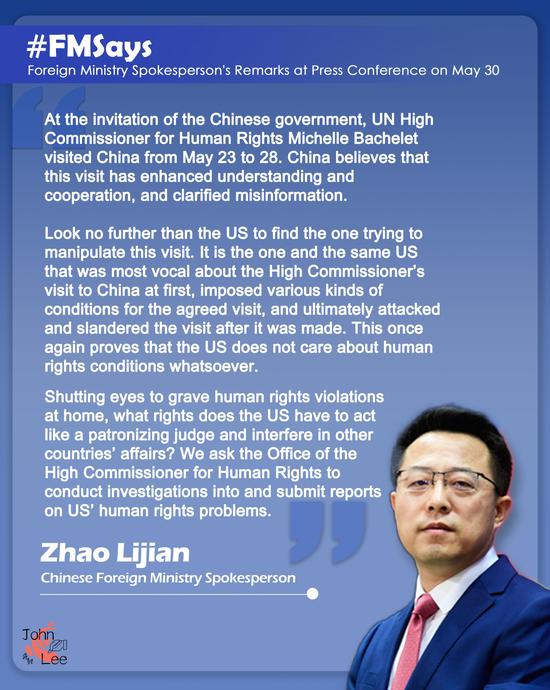



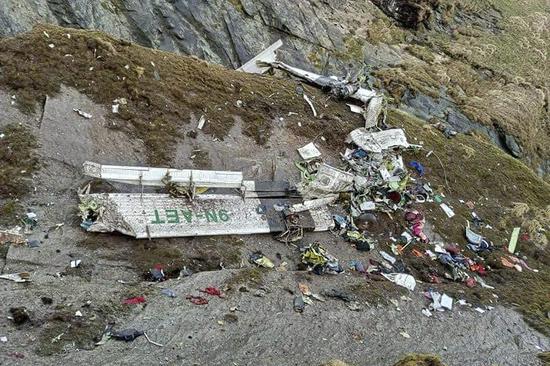

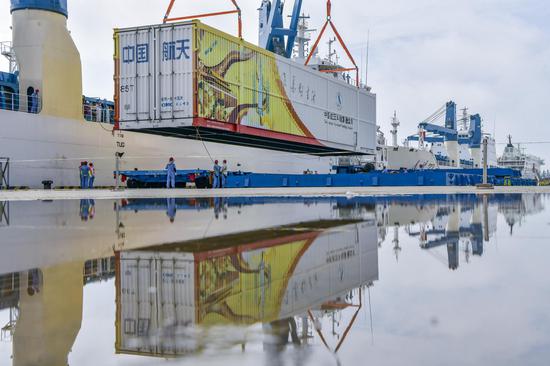


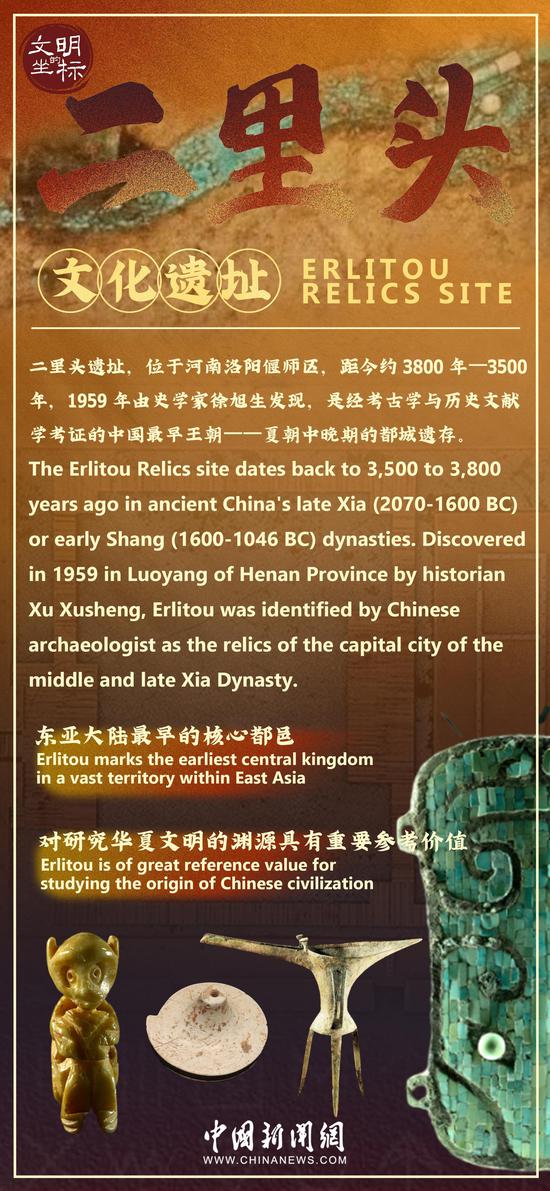
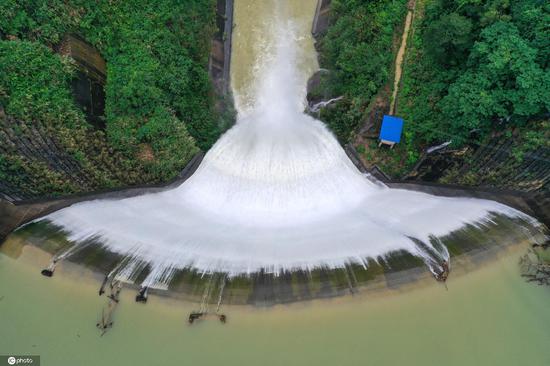

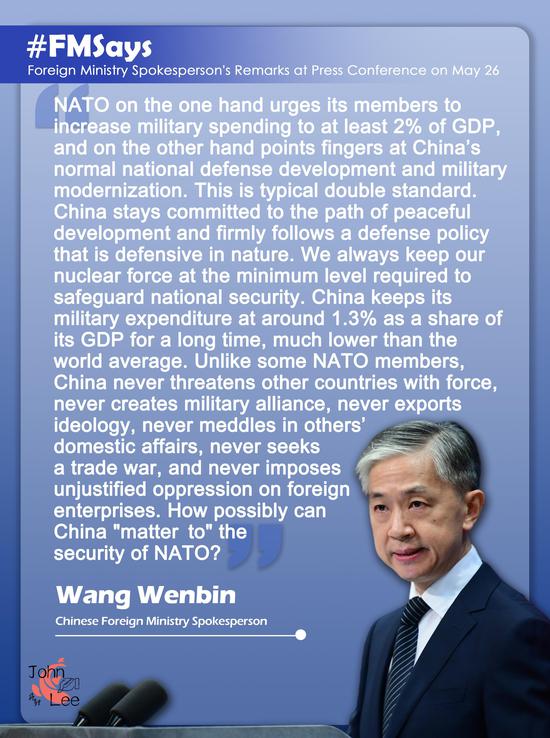
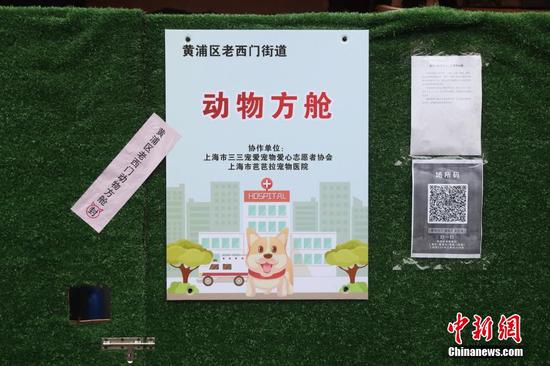



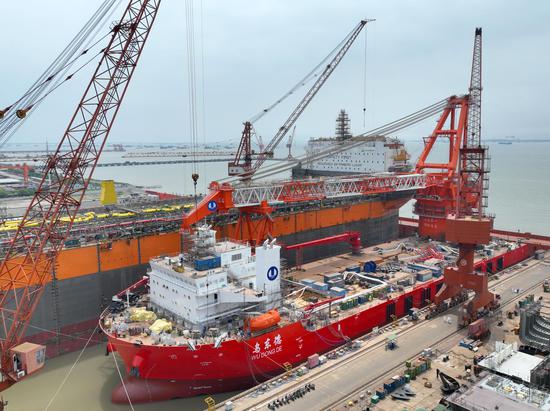






 京公网安备 11010202009201号
京公网安备 11010202009201号